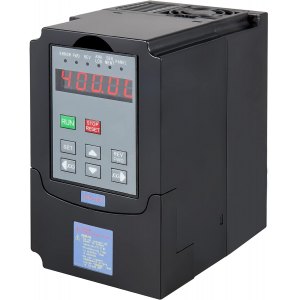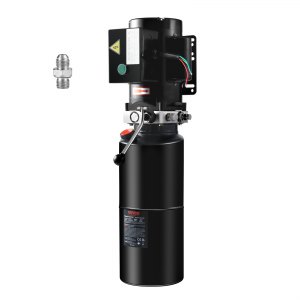Hi Aussie Froggers.
I have moved my dad's hoist into my shed which uses a 3 phase 2.2kw electric motor but I don't have 3 phase on the shed.
Can any electrical competent people advise what the best way to connect would be.
1) pay lots of money for a 3 phase connection plus wait forever for a tradie
2) replace the motor with a single phase unit - where's the best place to find them in Adelaide?
or 3) use a vsd invertor as seen on a number of sites when people need something for their cncs or lathes, such as below.

 m.vevor.com.au
m.vevor.com.au
Thanks in advance.
I have moved my dad's hoist into my shed which uses a 3 phase 2.2kw electric motor but I don't have 3 phase on the shed.
Can any electrical competent people advise what the best way to connect would be.
1) pay lots of money for a 3 phase connection plus wait forever for a tradie
2) replace the motor with a single phase unit - where's the best place to find them in Adelaide?
or 3) use a vsd invertor as seen on a number of sites when people need something for their cncs or lathes, such as below.

VEVOR VEVOR VFD Drive VFD Inverter 220V 2.2KW 3HP Frequency Drive Inverter Professional Variable Frequency Drive VFD for Spindle Motor Speed Control (2.2KW VFD) | VEVOR AU
Buy VEVOR VFD Drive VFD Inverter 220V 2.2KW 3HP Frequency Drive Inverter Professional Variable Frequency Drive VFD for Spindle Motor Speed Control (2.2KW VFD) at cheap price online, with Youtube reviews and FAQs, we generally offer free shipping to Europe, US, etc.
Thanks in advance.

